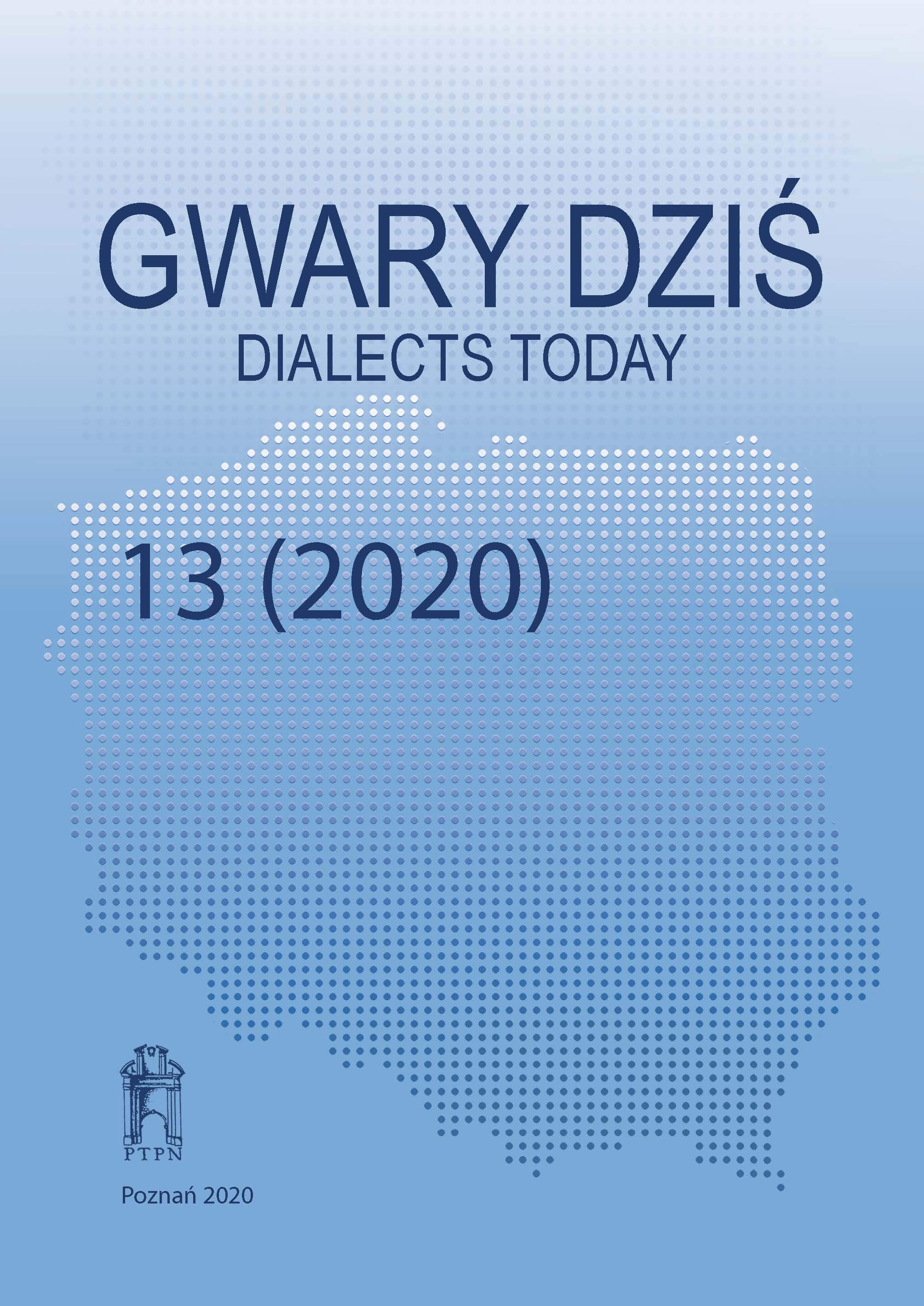Homer i współczesny folklor – różny czas, jedna tradycja
Homer and contemporary folklore – different time, one tradition
Author(s): Jerzy SierociukSubject(s): History, Language studies, Language and Literature Studies, Cultural history, Western Slavic Languages, Eastern Slavic Languages, South Slavic Languages, Sociology of Literature
Published by: Uniwersytet Adama Mickiewicza
Keywords: oral creative activity; proto-Slavic poetic language; Slavic folk song; Homer; folklore formulas.
Summary/Abstract: In the article; I present an issue of importance to the interpretation of folk culture; namely if texts representing contemporary folklore to some extent continue the traditional poetic structure. The major question is if contemporary folklore may go back to the time when oral culture prevailed. Original folk texts from various Slavic nations were subjected to an analysis. The textual persistence of identical elements of the poetics of folk works in all Slavic languages is an argument in favour of a thesis that these structures go back to the proto-Slavic community. The occurrence of folklore units; absent from dialects and the literary language; is evidence of their proto-Slavic origin. The formulaic discourse of the epics of Slavic folklore and the like structure of Homer’s texts allow to advance an argument that both textual structures have the same origin and come from one tradition while the time of documenting thereof is different.
Journal: Gwary Dziś
- Issue Year: 13/2020
- Issue No: 1
- Page Range: 153-163
- Page Count: 11
- Language: English

